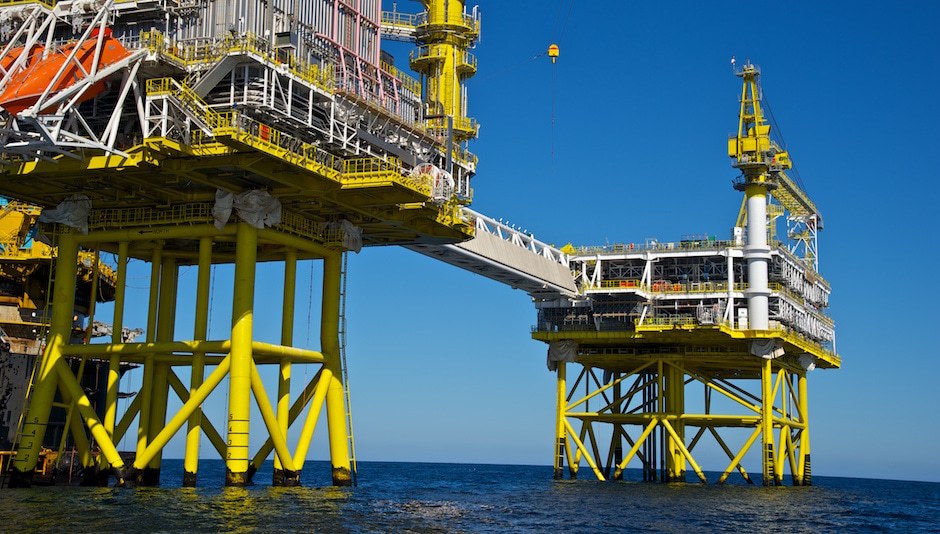The largest independent oil and gas firm in the North Sea has announced it will cut around 250 onshore jobs in Scotland.
Harbour Energy said it was taking the decision to axe roles in Aberdeen because of “the Government’s ongoing punitive fiscal position and a challenging regulatory environment”.
In a statement, managing director of Harbour Energy’s UK business said: “Harbour is launching a review of its UK operations, which we expect to result in a reduction of around 250 onshore roles in our Aberdeen-based business unit.
“The review is unfortunately necessary to align staffing levels with lower levels of investment, due mainly to the Government’s ongoing punitive fiscal position and a challenging regulatory environment.
“We are also reviewing the resourcing required to support our Viking carbon capture and storage project, where progress beyond front-end engineering design and the recent securing of a Development Consent Order has been hindered by repeated delays to the Government’s Track 2 process. “
Harbour Energy recently announced losses after tax of $93m last year down from $45m profits the year before.
At the time it said it reflected “a 108% effective tax rate”.
Russell Borthwick, chief executive at Aberdeen and Grampian Chamber of Commerce, said: “This is a devastating blow for the 250 plus families directly affected – and I fear it is just the tip of the iceberg, unless the government changes course.”
SNP Westminster leader Stephen Flynn raised the job losses at Prime Minister’s Questions on Wednesday.
“Harbour Energy, the largest independent player in the North Sea, have announced that they’re about to shed their workforce by 25%,” he said.
“That’s 250 jobs in my constituency gone in the blink of his eye. And do you know who they blame, Mr Speaker – they blame the policies of the Labour Party.
“So can I ask the Prime Minister, in fact can I invite the Prime Minister, to come to Aberdeen and explain to my constituents why he is willing to move heaven and earth to save jobs in Scunthorpe while destroying jobs in Scotland?”
The UK Government said it would do “everything in its power” to support workers and communities.
““Our thoughts are with any workers affected by this commercial decision,” a spokesperson said.
“The Government has reformed the Energy Profits Levy to support investment and give industry certainty and stability.
“By making the UK a clean energy superpower, including launching a world-leading carbon capture and storage industry after years of delay, consenting record amounts of clean power, and ending many years of no new nuclear, we will get the UK off dependence on markets controlled by petrostates and dictators, and drive jobs and growth through our Plan for Change.”
600 job cuts in wake of windfall tax
Harbour Energy announced in 2023 it was cutting around 350 onshore jobs out of its 1,200 workforce in Aberdeen because of the windfall tax.
The firm has been one of the most vocal critics of the tax, officially known as the Energy Profits Levy (EPL), since its introduction in 2022.
The EPL was brought in by the then-Chancellor Rishi Sunak on the back of the war in Ukraine and with oil and gas firms at the time making record profits.
Since then, oil prices have declined, sitting around $62 a barrel.
The EPL has been increased and extended on several occasions since 2022, the most recent was last year.
In July the UK Government announced the tax would increase to 38% and would come to an end in 2030.
The sector says it takes overall taxation on firms to around 78%.
The industry body, OEUK has previously said the windfall tax is a ‘disappointing blow to the industry which risks jobs, investment and economic growth.’
The UK Government recently launched a consultation on ending the windfall tax and any taxation which could replace it.
It has also been consulting on the future of the North Sea after confirming it would not grant new oil and gas drilling licences.
At the time the energy secretary Ed Miliband said: “Oil and gas production will continue to play an important role and, as the world embraces the drive to clean energy, the North Sea can power our Plan for Change and clean energy future in the decades ahead.”
The oil firm Apache also announced last year it would end its North Sea production by the end of 2029, blaming the windfall tax.
Follow STV News on WhatsApp
Scan the QR code on your mobile device for all the latest news from around the country



























